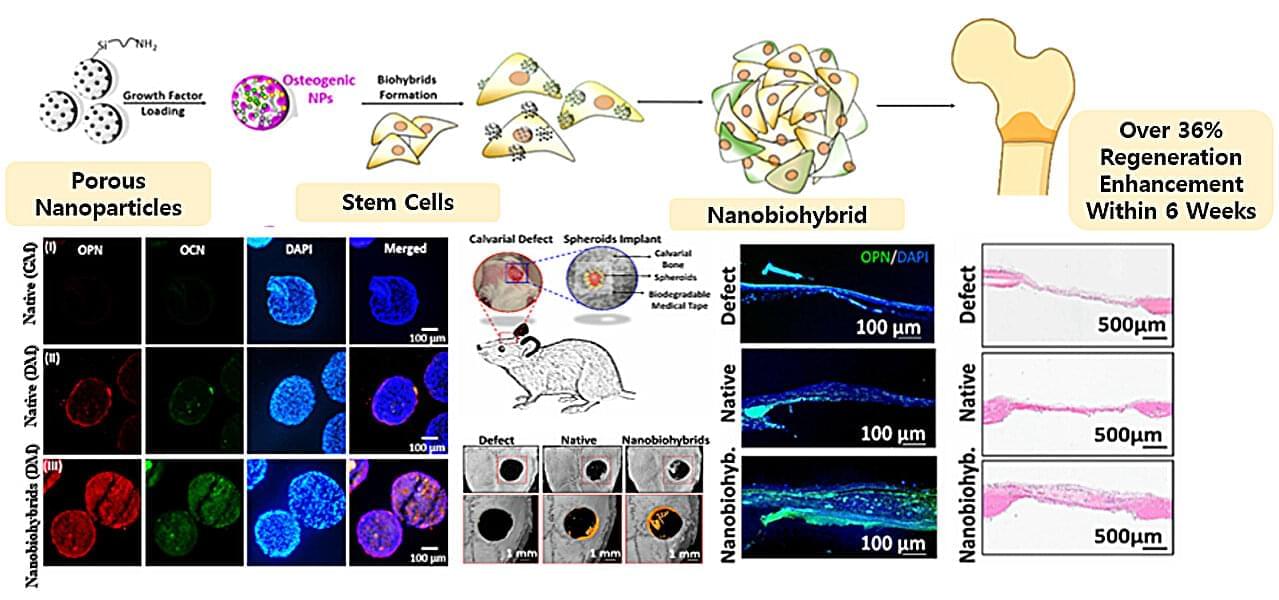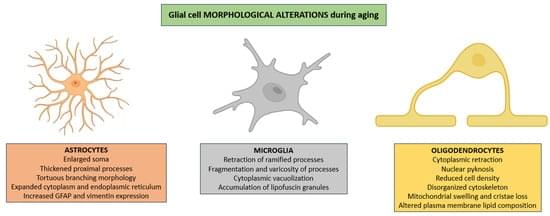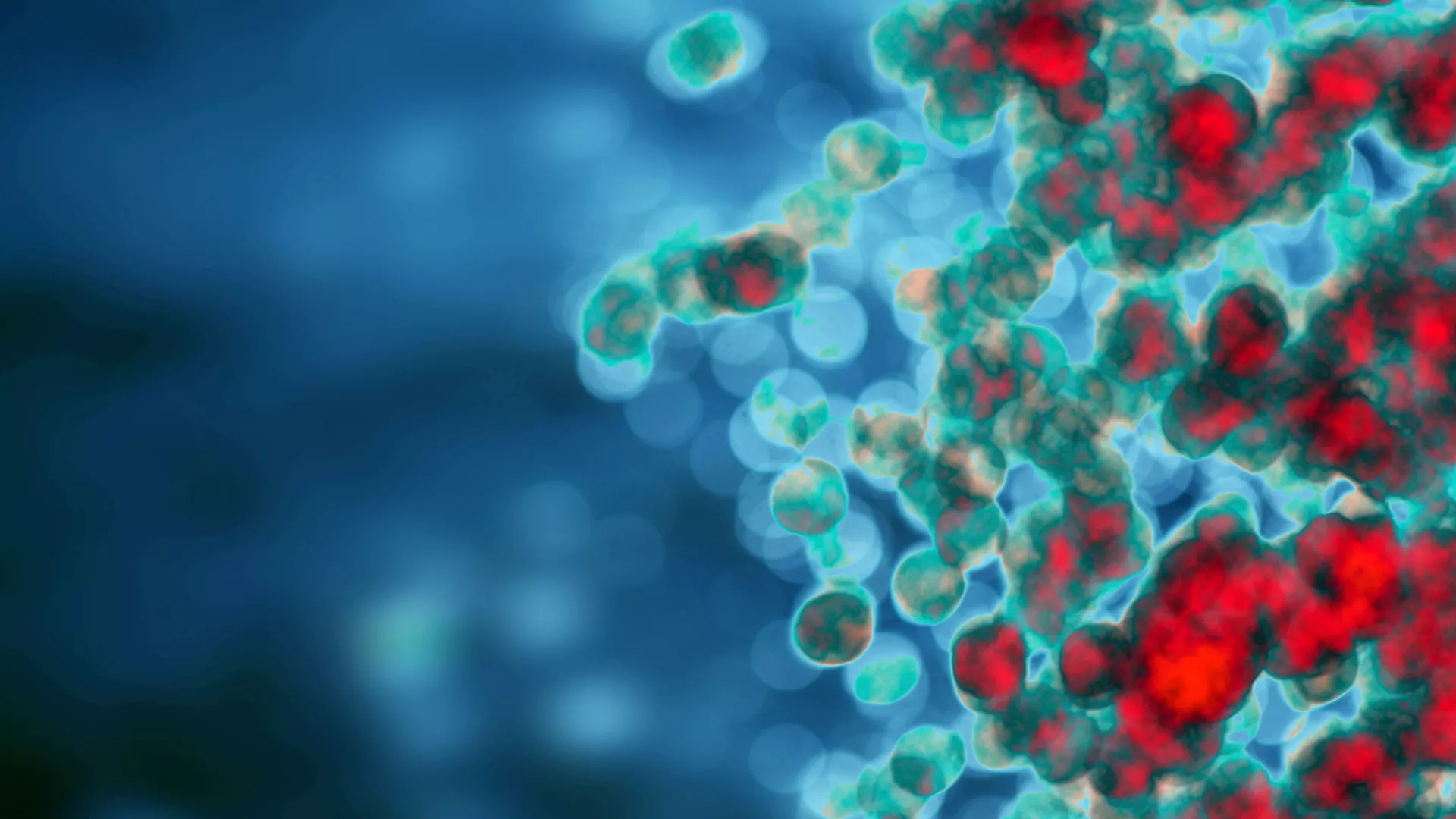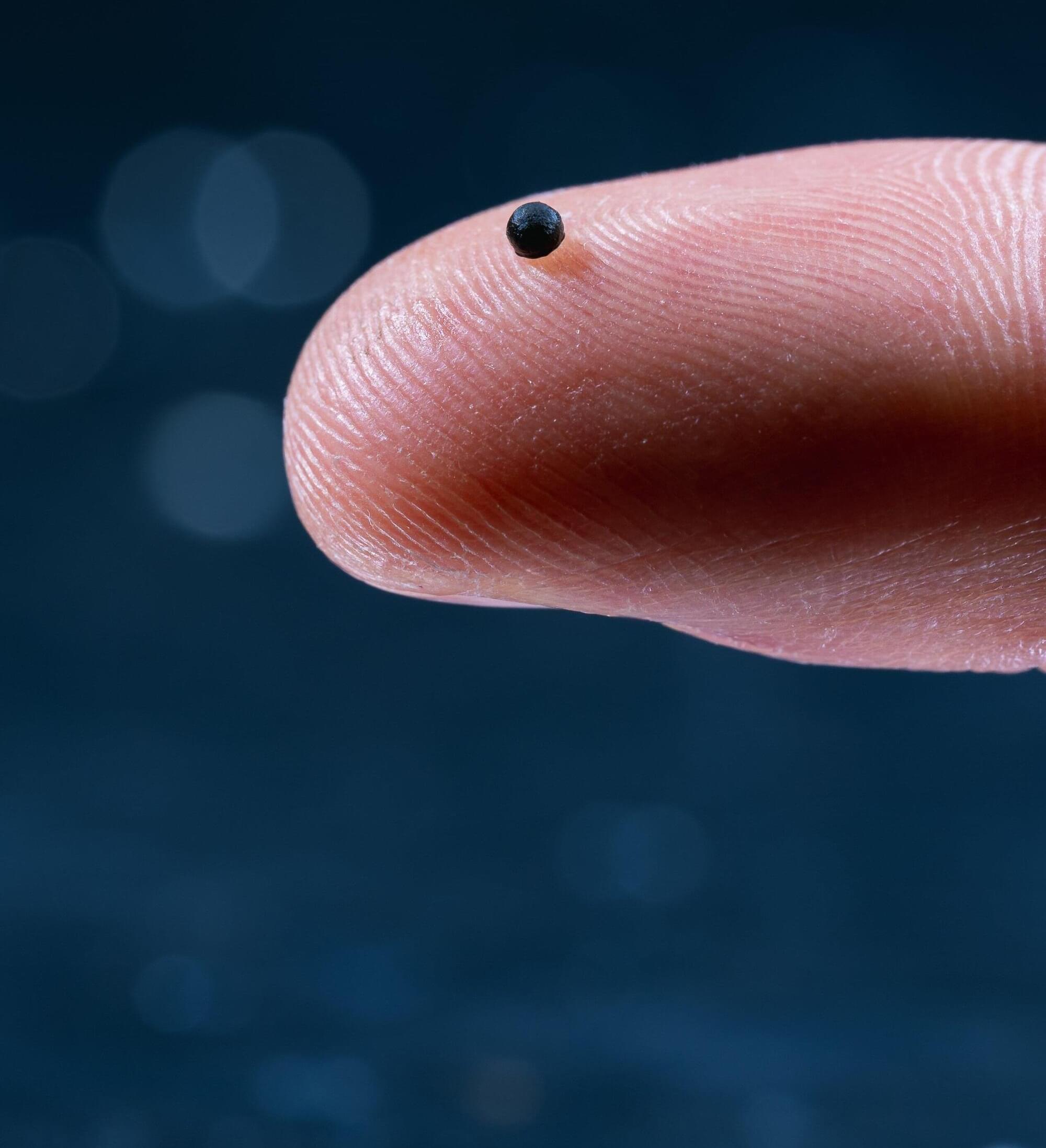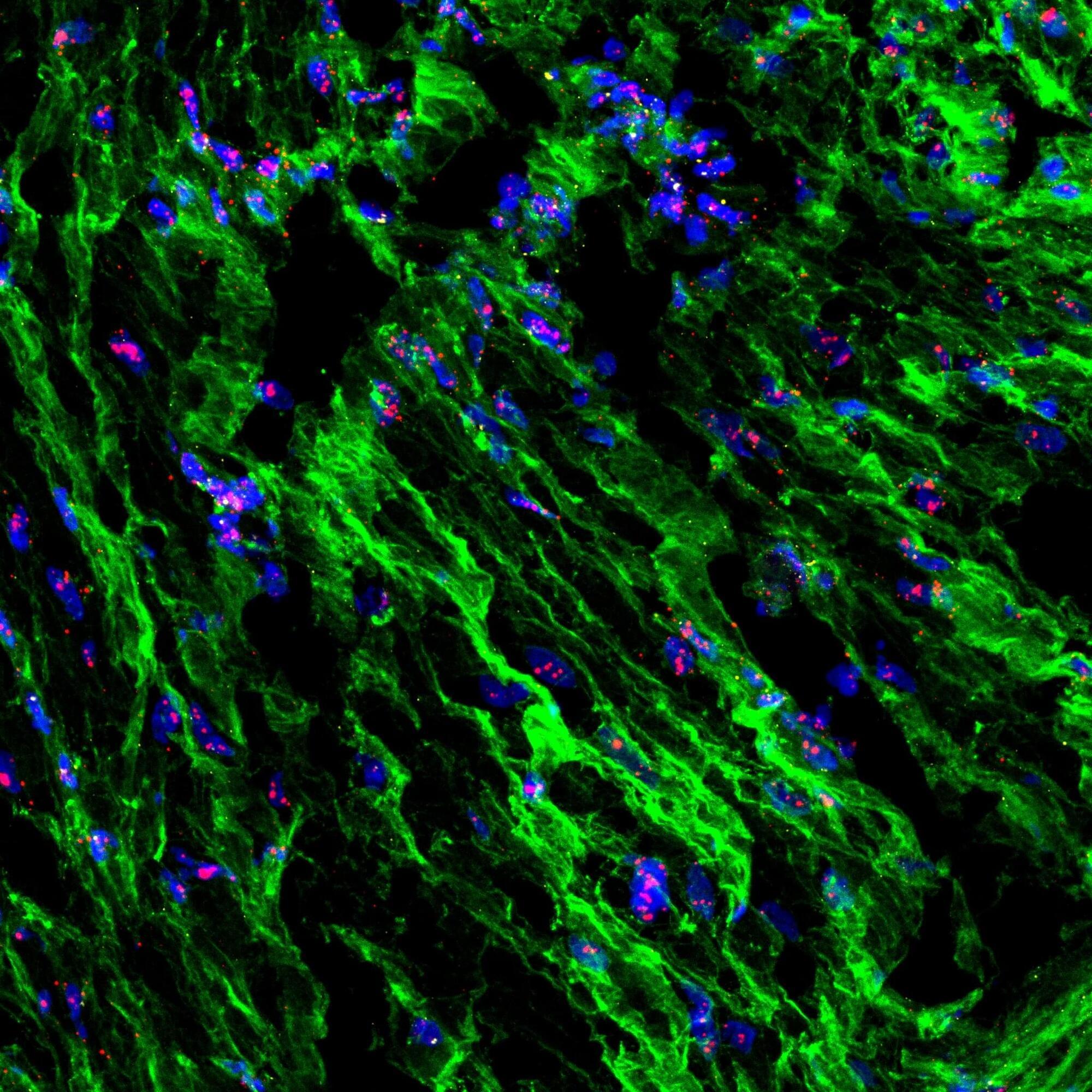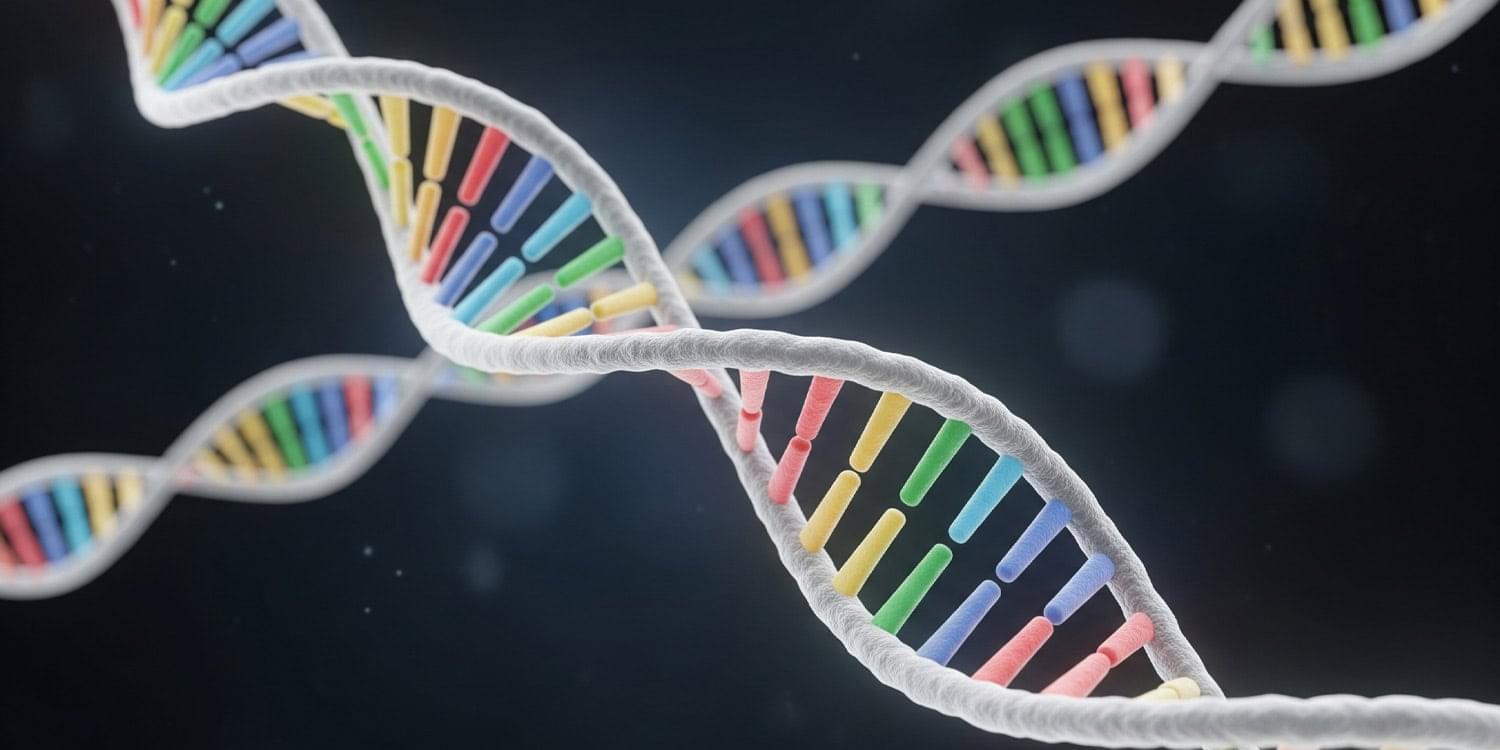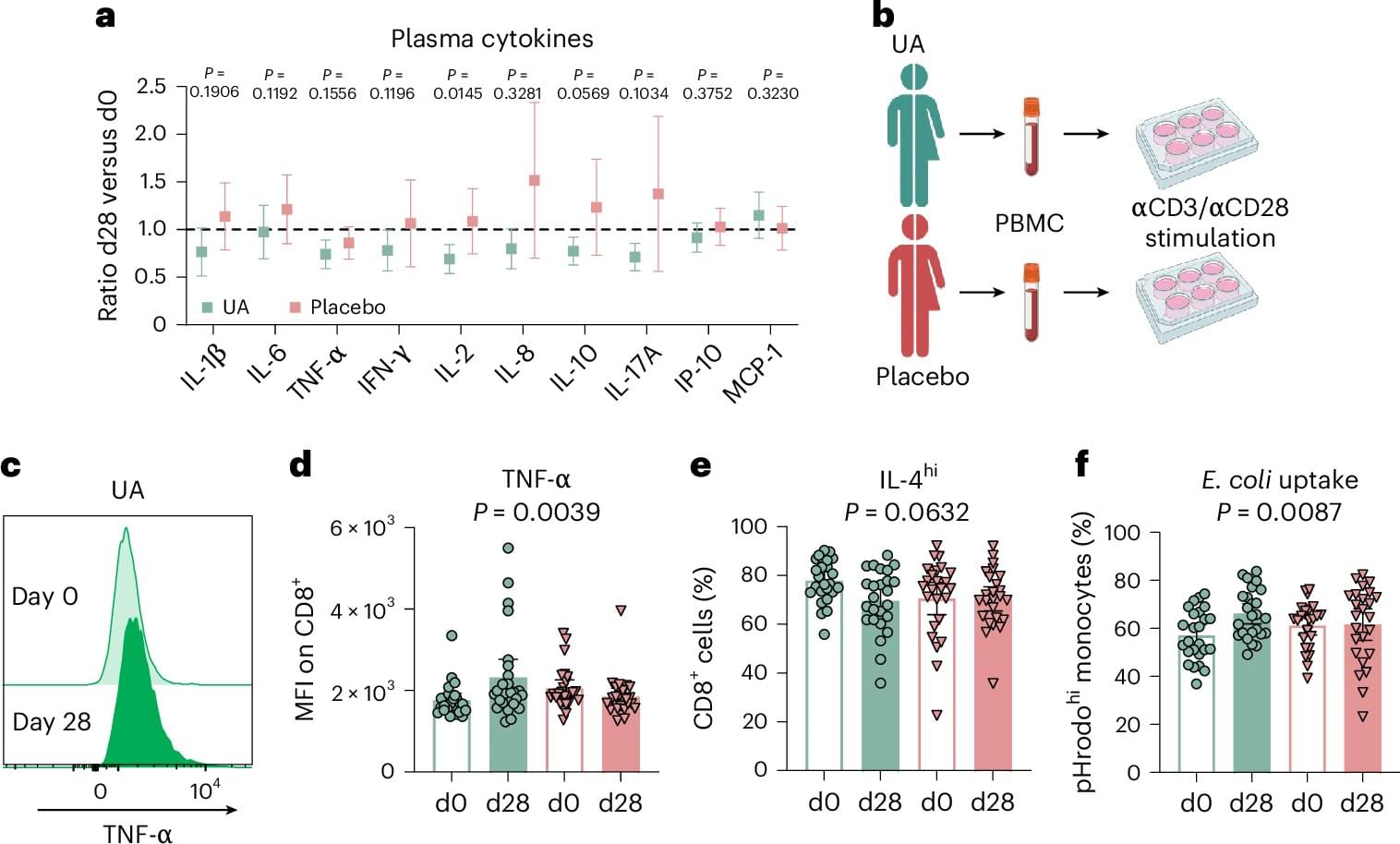Non-small cell lung cancer (NSCLC) is the most prevalent form of lung cancer, accounting for approximately 85% of all cases, and is associated with a poor prognosis. Despite significant advancements in treatment modalities, therapeutic efficacy remains suboptimal, underscoring the urgent need for novel strategies. In recent years, increasing attention has been directed toward the pivotal role of gut microbiota-host interactions in the treatment of NSCLC. This review systematically examines the influence of current NSCLC therapies on gut microbiota and metabolism, explores the relationship between the microbiome and therapeutic response, and highlights the critical functions of probiotics, microbial metabolites, fecal microbiota transplantation (FMT), and dietary interventions in NSCLC management. By elucidating the mechanisms through which gut microbiota and their metabolites modulate treatment efficacy, we investigate the potential of exogenous interventions targeting the gut ecosystem to enhance therapeutic outcomes and mitigate adverse effects. Modulating the intestinal microbiota represents a promising clinical avenue and offers a new frontier for the development of future NSCLC treatment strategies.
The human microbiome comprises a diverse and dynamic community of microorganisms—including bacteria, fungi, viruses—their genetic material, and metabolic byproducts. The resident microbiota is an essential component of host health and homeostasis (1). Most microbiome research to date has focused on bacterial populations, which constitute a major proportion of these resident microbes (2). In the gut, Bacteroidetes, Firmicutes, Proteobacteria, and Actinobacteria dominate the bacterial composition (3– 5). The gut microbiota plays a pivotal role in regulating host immunity and metabolism through the production of numerous metabolites that function as signaling molecules and metabolic substrates, linking dysbiosis with inflammation and tumorigenesis (6– 8).
The cross-link between gut microbiota and lung cancer is a complex multifactorial relationship. Studies have shown that in patients with lung cancer, the abundance of Bacteroidetes, Fusobacteria, Cyanobacteria, and Spirochaetes increases in both pulmonary and intestinal microbiomes, while Firmicutes are significantly reduced (4, 9). Research on both gut and respiratory tract microbiota has revealed notable dysregulation in NSCLC, which is further associated with distant metastasis (DM) (10). The pathogenic contribution of the gut microbiome and its specific metabolites to NSCLC lies in their modulation of chronic inflammation and immune dysregulation (11). A study combining serum metabolomics and fecal microbiome profiling identified potential biomarkers in patients with early-stage NSCLC. The metabolomic analysis revealed elevated levels of sphingolipids (e.g. D-erythrosphingosine 1-phosphate, palmitoylsphingomyelin), fatty acyls (e.g.
